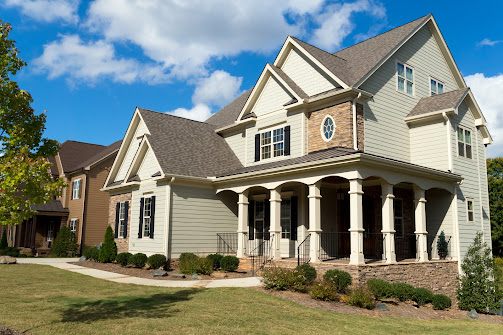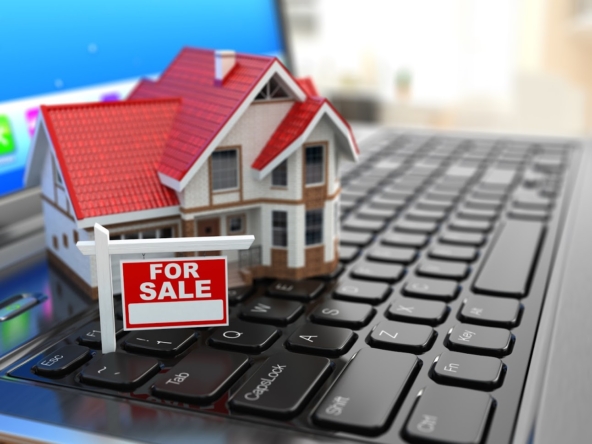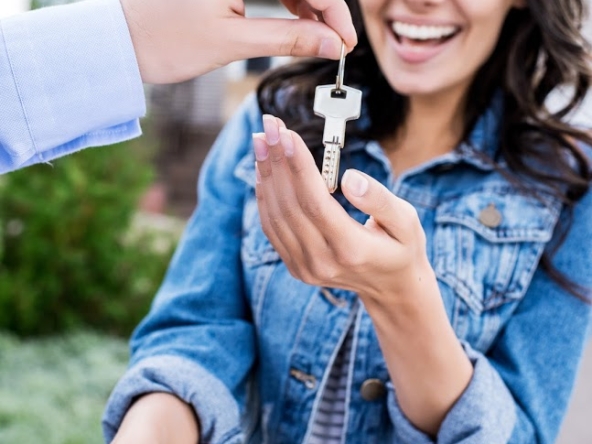If you want to buy a home, one of the first things to do is to budget and determine how much home you can afford. Otherwise, your home-ownership plans might hit a snag. Below are four critical factors to consider in the budget.
1. Down Payment
If you want to buy a house on a mortgage, the financier only loans you a percentage of the purchase price. You need to come up with some of the money, called a down payment, via other means. The down payment:
- Proves your seriousness
- Reduces the mortgage company’s risk exposure
- Encourages you to take good care of the house
20% of the purchase price is a common requirement for a down payment. However, you can pay lower-percentages if you opt for government-backed mortgages, such as:
- Veteran Affairs (VA) loans
- U.S. Department of Agriculture’s (USDA) Rural Development loans
- Federal Housing Administration (FHA) loans
Some conventional mortgage providers also offer mortgages with down payments lower than 20%.
If you can afford to, then you can also increase your down payment above 20%. A big down payment:
- Strengthens your mortgage application
- May lower your interest rates
- May lower your monthly mortgage payments
Evaluate your finances and determine how much down payment you can afford.
2. Mortgage
The mortgage forms a big part of the purchase price. Ideally, you need to know the maximum mortgage you can get before you start shopping for a home. Otherwise, you might shop for homes in the $500,000 range only to realize you can only qualify for half of that.
Here are some of the factors that determine the mortgage you can get:
- Your credit score
- Your down payment
- The loan term
- Your debt-to-income ratio
Mortgages come in various types, such as:
- Government-backed mortgages that can accept down payments of less than 20%
- Conventional mortgages that the government doesn’t back
- Fixed-rate mortgages whose interest rates (and hence payments) stay the same for the loan term
Each of these mortgages has its requirements, terms, and conditions that you should scrutinize before you begin applications.
Also, don’t take the largest mortgage you qualify for. Assess your financial status to make sure you can service the loan without too much difficulty.
3. Closing Costs
Closing costs are additional expenses, other than the home price, which you must meet to buy a home. Here are the common examples of closing costs:
- Mortgage fees, such as application fee, prepaid interest, and a loan origination fee
- Property costs, such as appraisal and home inspection fees
- Insurance fees, such as mortgage, title, and home insurance
Closing costs usually range between 2% and 5% of the property price. Typically, you have to come up with the closing costs on your own. Some lenders will loan you the closing costs alongside the mortgage.
4. Ownership Costs
Lastly, you should also factor in the ownership or ongoing costs of the property. After you buy a house, you will still need to spend some money on it. For example, you should budget for:
Property taxes that the government has mandated
- Homeowner’s insurance that is required by your lender
- Property taxes that the government has mandated
- The homeowner’s association (HOA) fees if you are a member of an HOA
- Home maintenance fees (think roofing, AC, and landscaping maintenance)
- Utility fees for things such as water, energy, and sewage
The size, age, and location of the property are some of the factors that determine ownership costs.
A professional realtor can help you deal with the complexities of a home purchase. Charles L. Moles Real Estate LLC has been helping people to buy homes for over 50 years. Contact us today, and we will be glad to help you start your journey to homeownership.




